Podcast: Play in new window | Download
Subscribe: Apple Podcasts | Android | RSS
In this episode, we ask:
- Has your family or your business been impacted by the current events?
- What is happening with the unemployment numbers?
- What are many Americans concerned about?
- What are the statistics?
- What is the CARES Act?
- What is new with CARES Act that was passed this spring?
- Is this tax advice?
- Are you speaking with a tax professional?
- What are the disclaimers?
- Who has the correct information?
- What does the CARES Act have to do with your retirement?
- What does this crisis make possible?
- What about the penalties and taxes?
- What about the qualifications?
- What is Mark’s opinion?
- What are some potentially good uses of these opportunities?
- What does this crisis make possible?
- Is this the tax deal of a lifetime?
- What is a 401(k)?
- What is an IRA?
- What are the rules?
- What about distributions?
- What about penalties?
- What about the tax?
- What are the qualifiers?
- What happened to 401(k) loan rules?
- Do you have to pay a 401(k) loan back?
- What are the required payments?
- What are the gotchas?
- How does this become a full distribution?
- What is Mark’s beef with 401(k) loans?
- How are you going to repay that 401(k) loan?
- Will it be pretax or after tax money?
- Will it come out of cash flow?
- What about the taxes?
- What about 401(k) or IRA distributions?
- What did Congress do with the early withdrawal penalty?
- What about the taxes?
- Is this the tax sale of a lifetime?
- What about the penalty?
- Has this ever been offered before?
- What about the interest?
- What about a Roth conversion?
- What about the taxes?
- What about the withdrawal penalty?
- Do you want to pay tax now or later?
- What about traditional IRAs?
- Is your tax bracket the same as it was last year?
- Do you know what your tax bracket will be this year?
- Do you believe the market will rebound?
- Do you need a hand?
- What about fixed indexed annuities inside of a Roth IRA?
- Would you like to hear more about income maximization?
- How are you going to take advantage of this new opportunity?
- What are your priorities?
- What do you prefer?
- What is different under the new rules?
- Would you like to think through your situation with us?
- Would you like to answer the question of the month?
- How would you handle a financial crisis differently next time than you’re handling it this time?” Let us know before June 30, 2020! Leave Us A Message on SpeakPipe
CARES Act 2020 FAQ
Coronavirus relief: We answer your questions via experts in the field about how the CARES Act, the legislation signed into law by President Trump in March, 2020, affects retirement withdrawals and IRAs.
Does my employer offer these provisions?
The provisions are not automatic.
The CARES Act loan and distribution provisions require employers to adopt those rules, according to Nelson.
So you need to ask whether your employer offers these provisions in your 401(k) plan.
About 75% to 85% existing 401(k) workplace plans currently offer some type of hardship or loan provision, Nelson says.
Depending on your needs, you still have options even if your employer doesn’t include the new provisions. Prior rules allow Americans to take out a 401(k) loan of up to 50% of their vested account balance, or a maximum of $50,000.
Who qualifies?
To qualify for the retirement distributions or loan provisions, you must have suffered a financial hardship from the pandemic. That includes being diagnosed with Covid-19; subject to quarantine; a business closure or reduce your hours; inability to work due to child-care issues; or if you’re not self employed and were laid off or had hours reduced.
To qualify for the provisions, individuals need to fall into one of two main categories.
- You, your spouse or a dependent is diagnosed with Covid-19, the disease caused by the new coronavirus.
- Alternatively, you qualify if you have experienced adverse financial consequences as a result of being quarantined, furloughed, laid off, having work hours reduced, being unable to work due to lack of child care or closures related to the coronavirus pandemic.
You, your spouse, or dependent has been diagnosed with the coronavirus (i.e., SARS-CoV-2 or COVID-19),
- You have experienced adverse financial consequences because you have been quarantined, furloughed, laid off, or have had work hours reduced due to the coronavirus,
- You are unable to work because of a lack of child care due to the coronavirus,
- You own or operate a business and have had to close or reduce hours due to the coronavirus, or
- You have experienced an adverse financial consequence due to other factors as provided in guidance issued by the Internal Revenue Service.
Which distributions get relief?
If you are a “qualified individual,” up to $100,000 of distributions from IRAs and company savings plan made in 2020 are eligible for relief. IRA and company plan distributions are aggregated for this purpose.
What are the relief provisions for withdrawals?
The first relief provision waives the 10% early distribution penalty. That penalty normally applies to IRA or company plan withdrawals if you are under age 59 ½, unless an exception applies. The CARES Act adds a new exception to that penalty but only if you are a “qualified individual.”
The second relief provision provides relief if your financial situation improves and you no longer need the withdrawn funds. “Qualified individuals” can repay, tax-free, 2020 withdrawals to an IRA or company plan. Repayment must be made within three years of the date the money was received. If you have already paid taxes on a withdrawal that you later decide to repay, you can file an amended tax return to recover the taxes.
In most cases, your withdrawal will be taxable. To cushion the blow of getting hit with the entire tax in the year of distribution, the CARES Act permits you to spread any federal income tax over three years.
How Long is this Available?
In the year 2020.
IRA Distributions
Loans are not permitted from IRAs, says Denise Appleby, the CEO of Appleby Retirement Consulting. The language you cite, she says, refers to a distribution that can be rolled over within 60-days of receipt – extended to three years for coronavirus-related distributions.
These distributions are not, says Appleby, subject to the terms that apply to loans, such as: level amortized repayments, an interest rate that should be reasonable, a loan agreement, approval by the plan administrator, subject to availability under the terms of the plan
“Therefore, while the IRA distribution can be returned to the IRA or other eligible retirement plan – if eligible as a rollover contribution, it is merely a distribution and not a loan,” says Appleby. (source)
401(k) and IRA Distributions
The CARES Act makes it easier for Americans struggling with economic hardship from the coronavirus pandemic to withdraw money from their retirement accounts.
One provision from The CARES Act allows investors of any age to withdraw as much as $100,000 from retirement accounts including 401(k) plans and individual retirement accounts this year without paying an early withdrawal penalty of 10%. They can avoid taxes on the withdrawal if the money is put back in the account within three years. If it isn’t returned, taxes can be paid over a three year span.
ESOP
ESOPs do not have to make these coronavirus-related distributions available because the IRS has indicated that the distributions are permitted, but not required, for any retirement plan. To the extent the special distributions are offered, they must be made in calendar year 2020. (source)
It’s important to note, too, that under what’s known as “the rule of 55,” 401(k) or 403(b) participants who leave their employer for any reason in or after the year they turn 55 are always free to pull money from their plan without paying the 10% penalty.
Do I have to pay taxes on these distributions?
Yes. However, the tax associated with the distributions may be paid ratably over three years, beginning with the taxable year 2020.
Q&A on RMDs (Required Minimum Distributions)
The CARES Act forgives the need to take a required minimum distribution from an IRA for 2020.
Q: The CARES Act forgives the need to take a required minimum distribution from an IRA for 2020 but neglected to account for those that already took funds out in the first three months of 2020. What should happen in these cases? The simplest solution would be for the IRS to allow people to put back any money that was withdrawn during the first three months of 2020, before the CARES Act was passed. Most IRAs do have a 60-day window to return withdrawn funds but inherited IRAs do not have any window to return funds. What do you think?
A: If it is within 60 days from the date of the distribution of the RMD the funds can be rolled over as long as they are otherwise eligible for rollover, says Sarah Brenner, an IRA analyst with Ed Slott and Company. “That would mean no violations of the once-per-year rollover rule and non-spouse beneficiaries could not roll over an RMD from an inherited IRA,” she says.
401(k) Loans
Under the CARES Act, you can take out a 401(k) loan for up to $100,000, or if lower 100% of the vested account balance for the next six months. That’s up from a prior limit of $50,000, or if lower 50%. Individual retirement accounts don’t allow loans.
Typically, you have up to five years to repay a 401(k) loan. For 2020, the new provision gives Americans an additional year to pay back the loan, raising the time period to six years. Outstanding loans due between March 27 and Dec. 31 will also be extended by a year.
A 401(k) withdrawal would make more sense for someone who has been laid off and doesn’t have a safety net or enough saved for basic expenses over the next three to six months, they said.
To be sure, if you lose your job, you could be on the hook for taxes for the amount borrowed for a loan.
It also says savers can take a loan without paying interest or taxes if it is paid back within five years.
Qualifying individuals under the CARES Act who already have a 401(k) loan may delay repayments due in 2020 for a year, although interest will continue to accrue on those deferred payments.
( I.R.S. Details )
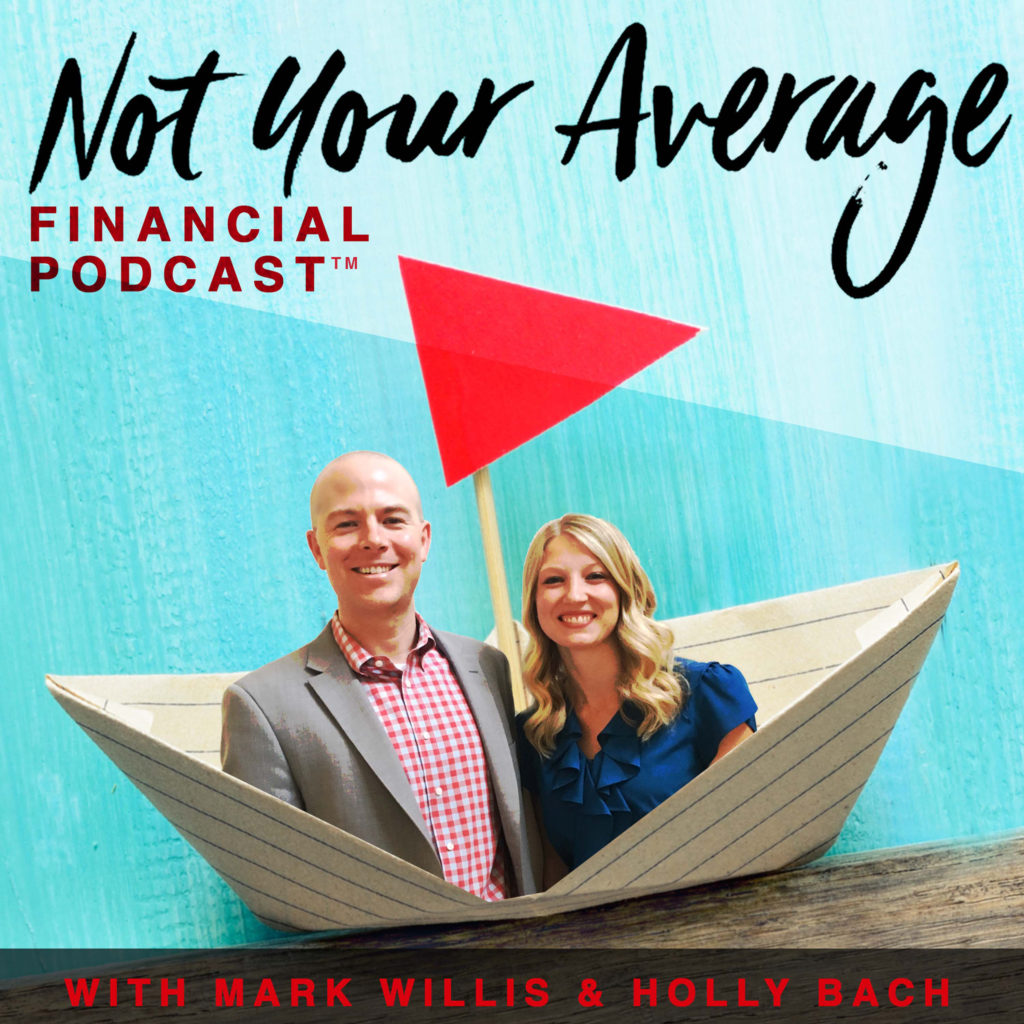
 Armed with only $3,000, gut-wrenching fear, and absolutely no real estate experience… Mark Podolsky bought his first few parcels of raw land in 2001.
Armed with only $3,000, gut-wrenching fear, and absolutely no real estate experience… Mark Podolsky bought his first few parcels of raw land in 2001.
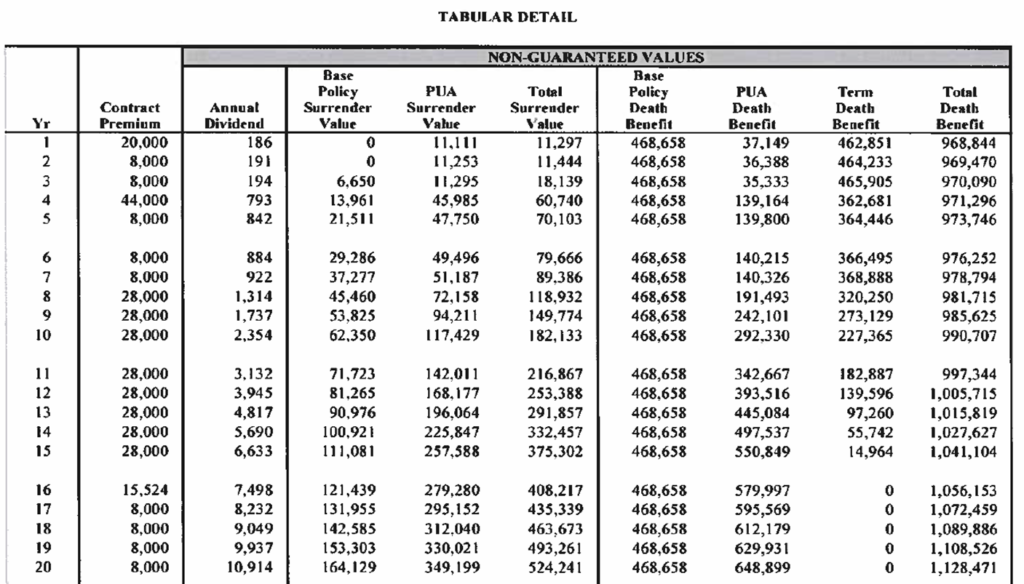
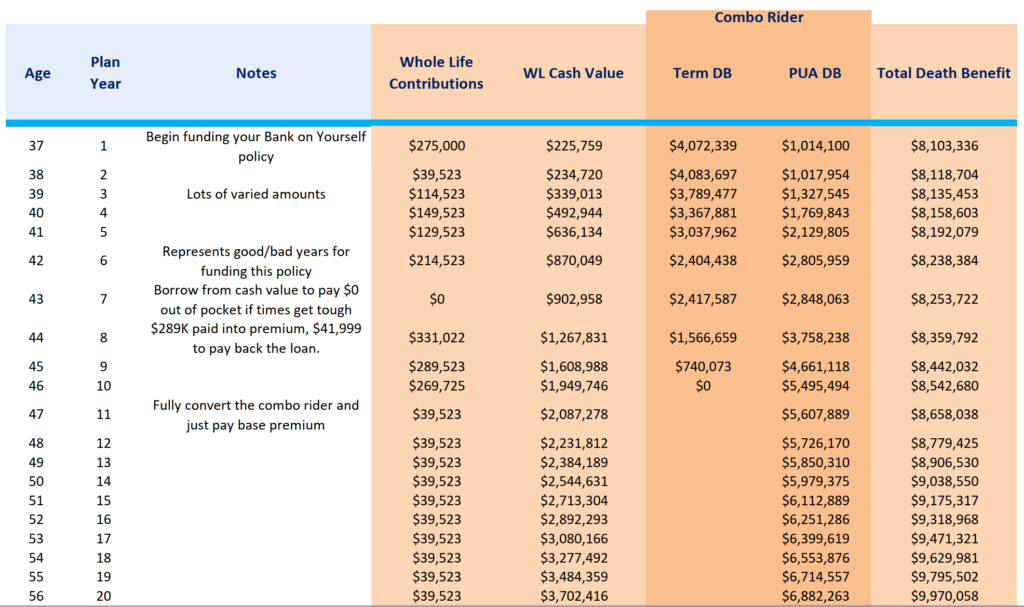
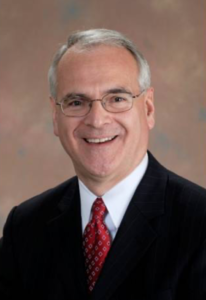 Marty Smith is Regional Vice President of Security Mutual Life Insurance Company of New York.
Marty Smith is Regional Vice President of Security Mutual Life Insurance Company of New York. 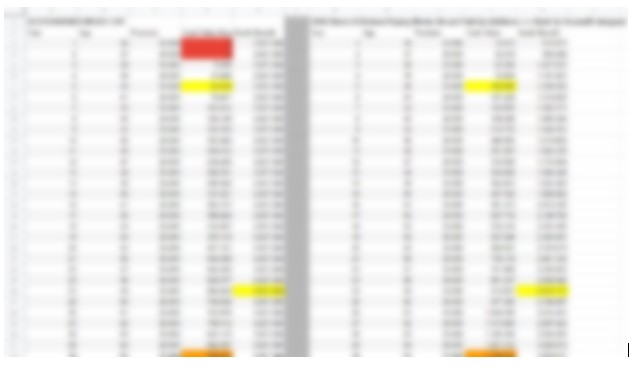


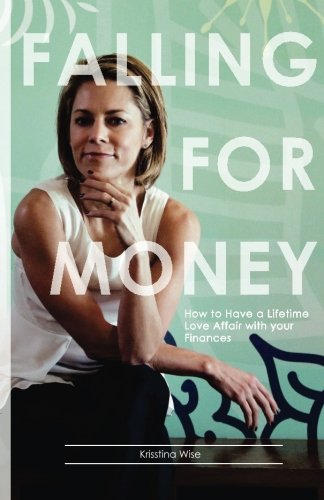
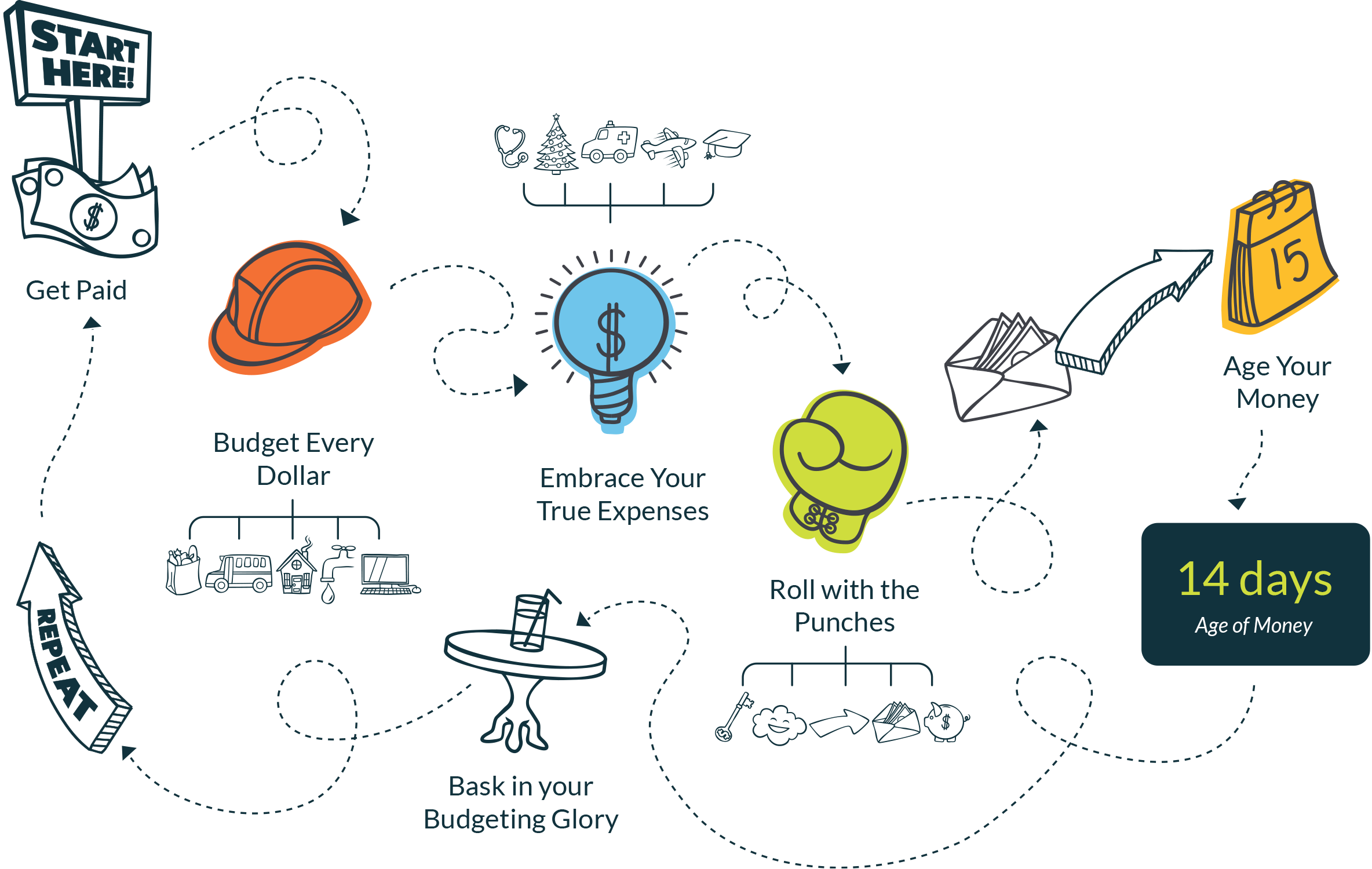

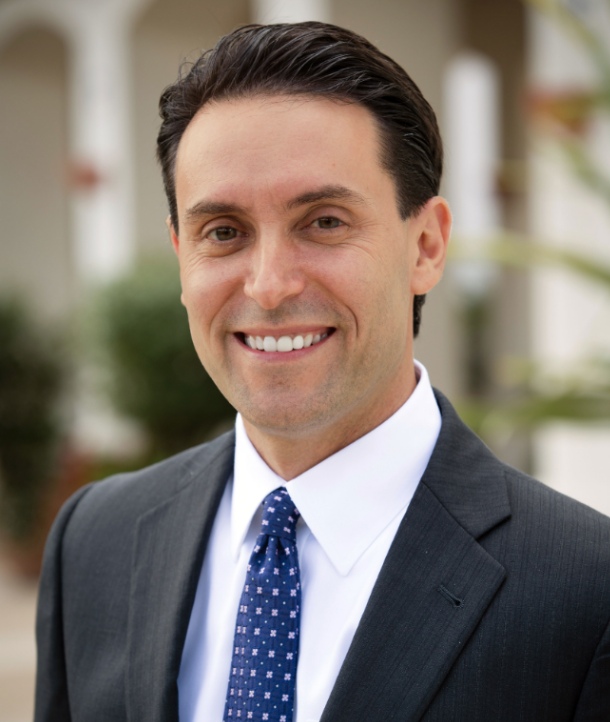 Marc Lichtenfeld is the Senior Editor of The Oxford Income Letter, which is based on his proprietary 10-11-12 System. He is also the Editor of Stock Sequence Trader, Lightning Trend Trader and Closing Bell Profits.Marc is the Chief Income Strategist of The Oxford Club. After getting his start on the trading desk at Carlin Equities, he moved over to Avalon Research Group as a senior analyst. Over the years, Marc’s commentary has appeared in The Wall Street Journal, Barron’s, and U.S. News & World Report, among others. Prior to joining The Oxford Club, he was a senior columnist at Jim Cramer’s TheStreet. Today, he is a sought-after media guest who has appeared on CNBC, Fox Business and Yahoo Finance. His first book,
Marc Lichtenfeld is the Senior Editor of The Oxford Income Letter, which is based on his proprietary 10-11-12 System. He is also the Editor of Stock Sequence Trader, Lightning Trend Trader and Closing Bell Profits.Marc is the Chief Income Strategist of The Oxford Club. After getting his start on the trading desk at Carlin Equities, he moved over to Avalon Research Group as a senior analyst. Over the years, Marc’s commentary has appeared in The Wall Street Journal, Barron’s, and U.S. News & World Report, among others. Prior to joining The Oxford Club, he was a senior columnist at Jim Cramer’s TheStreet. Today, he is a sought-after media guest who has appeared on CNBC, Fox Business and Yahoo Finance. His first book, 